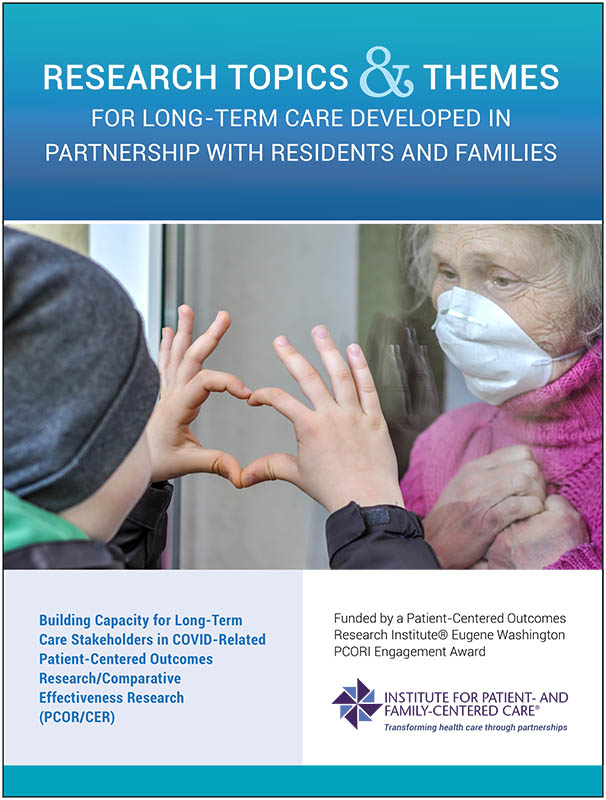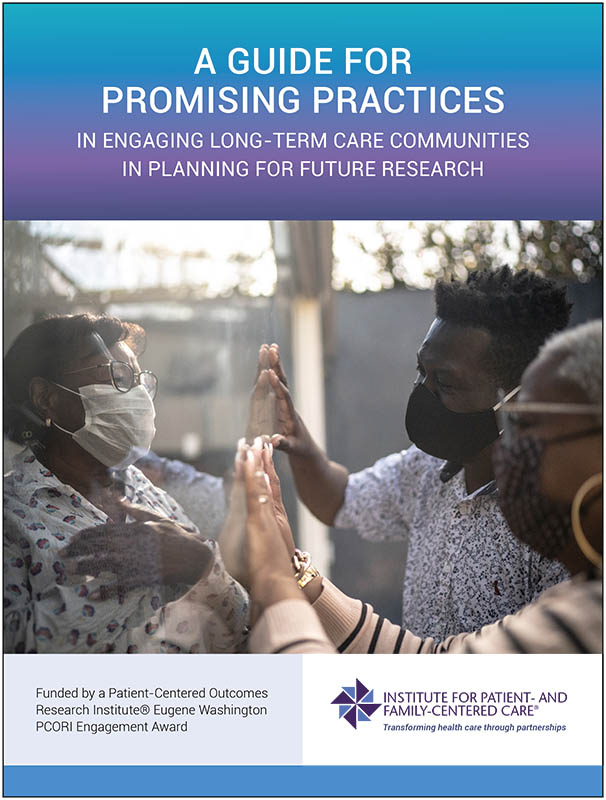Long-Term Care Partnerships

Partnering with Long-Term Care Residents for Health, Well-being, and Safety
Brooksby Village, Erickson Senior Living, Peabody, MA
Brooksby Village is a continuing care community in Peabody, Massachusetts for adults 62 and older, managed by Erickson Senior Living, a national network of managed communities. Brooksby Village has a Resident Advisory Committee (RAC) with nine resident members, elected for 2-year terms. The RAC meets for 90-minutes monthly with the Community’s Director and Associate Director attending these meetings. The RAC has seven standing committees including Health and Wellness, General Services, Resident Life, and Philanthropy (Funds for Resident Care and Staff).
The Health and Wellness Committee co-chairs are a resident and the medical center practice administrator and they meet monthly. In the past year, this committee planned six-months of informational programs for the independent living community on the various aspects of continuing care; developing a video with humor for fall prevention; and is developing a volunteer program to connect independent living residents with continuing care residents.
In February 2025, the Medical Center is collaborating with the RAC Health and Wellness Committee to hold a Health Fair to highlight the services available to residents for their health and well-being. There will be a booth from the Medical Center with a geriatrician, a nurse practitioner, and a social worker. Also having booths will be, among others, the Dental Clinic, Outpatient PT, Home Health Services, Continuing Care, the Fitness Center, and Meditation. Also represented will be peer support groups led by residents for osteoporosis, low vision, and cancer survivors.
Learn more about how the Medical Center at Brooksby Village provides a personalized approach to well-being.
See Long-Term Care Partnerships During COVID-19 section for information and guidance for partnering in research with residents and families in long-term care communities.

